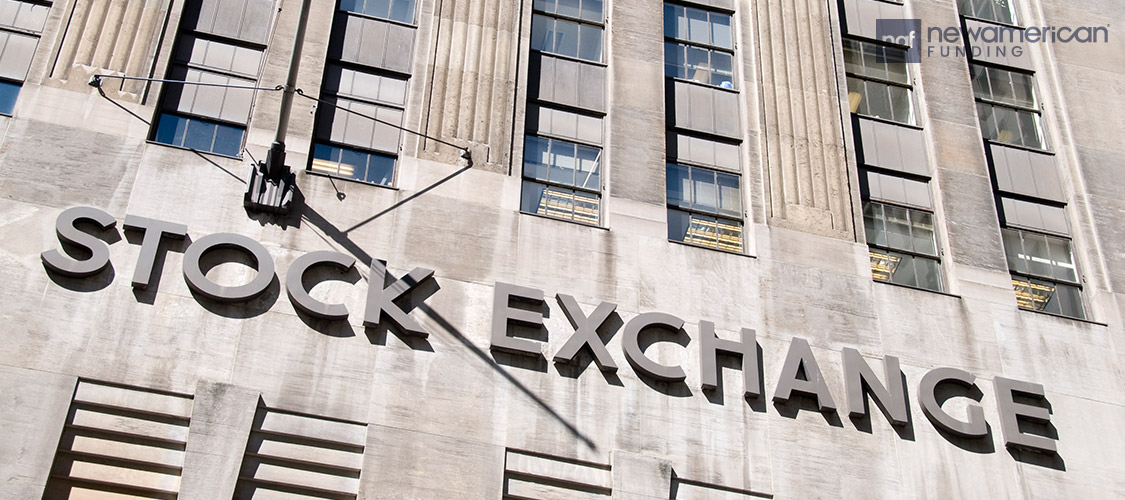Homebuyers
Why Mortgage Rates Change and What It Means for You
September 13, 2024
Many homebuyers have been eagerly awaiting a substantial drop in mortgage rates that could make homeownership more affordable.
However, the big decrease that many anticipated has yet to fully materialize.
Many things go into rates. Mortgage rates are often the first to react to changes in the economy. Factors such as the Federal Reserve's decisions on interest rates, inflation, and the bond market may affect which direction they move in.
These factors don't just impact how much you'll pay in interest every month on a loan—they also affect how affordable homes are in general. Knowing what causes interest rates to change may help you stay ahead in today's unpredictable market as you buy a home or refinance your mortgage.
"There are numerous economic factors that determine mortgage rates," said Rick Sharga, President and CEO of CJ Patrick Company, a market intelligence and business advisory firm specializing in real estate and mortgage industries. "Many of these factors impact the other factors and, in turn, ultimately impact mortgage rates."
How mortgage rates are determined

When you take out a mortgage, your lender doesn't usually keep your loan on its books. Instead, they will often sell the loan to government-sponsored enterprises (GSEs) like Fannie Mae or Freddie Mac.
The GSEs then bundle the loans and sell them in the secondary market as a mortgage-backed security, aka mortgage bond. Investors then purchase these mortgage-backed securities with the expectation that they will deliver a steady rate of return.
This process allows lenders to free up money to make more loans, which helps keep the mortgage market moving.
The secondary market plays a crucial role in determining mortgage rates. The more demand for these loans, the lower the mortgage rates can be.
This is where investor confidence comes in. When investors feel confident about the economy, they are more likely to buy the loans, which helps keep mortgage rates stable or even lowers them.
"The U.S. government has been one of the largest buyers and holders of mortgage-backed securities, stabilizing the market on many occasions and keeping mortgage rates at low levels," said Jason Obradovich, Chief Investment Officer at New American Funding.
"However, recent interest rate volatility, driven by uncertainty in inflation and Fed interest rate policy, has caused mortgage rates to sit a little higher than normal," he said.
If this marketplace is strong and investors are eager to buy, mortgage rates stay low. However, an unstable secondary market or cautious investors can make mortgages more expensive for everyone.
How inflation impacts interest rates

Inflation is one of the biggest factors that influence mortgage rates. When inflation rises, the value of money drops, so lenders raise rates to protect their returns. Recently, as inflation went up, the Federal Reserve increased short-term interest rates, which made mortgage rates go up.
"A booming economy sometimes results in high inflation, causing the Federal Reserve to raise short-term interest rates to slow things down, and indirectly causing mortgage rates to rise," said Sharga.
The Federal Reserve also influences mortgage rates by adjusting the Federal Funds rate, the rate banks charge each other for short-term loans. When the Fed raises this rate, borrowing becomes more expensive across the economy, including for mortgages.
The economy grew quickly in the last few years, and inflation increased. The Fed raised rates to slow things down, which led to higher mortgage rates.
"Once inflation can be well contained and the yield curve can return to normal, we should see a more normal MBS market and lower rates along with it," said Obradovich.
Economic forces can influence mortgage rates

These economic forces don't just influence interest rates—they shape the entire housing market. When mortgage rates go up, it can make borrowing more expensive, leading to higher home prices as buyers compete for lower-priced homes in a tighter market.
On the other hand, when rates drop, more people can afford to buy. That often boosts demand and drives home prices higher.
Government spending and national debt can also impact mortgage rates. When the government has a lot of debt, it often needs to borrow more money. This increases competition for available funds, making it more expensive for everyone, including homebuyers, to borrow money.
When there's a global event like a political conflict or an economic crisis, investors get nervous about the future. To protect their money, they often choose safer investments, such as U.S. Treasury bonds and mortgage-backed securities.
When a lot of investors buy these bonds, the demand drives up their prices, which lowers the interest rates on these bonds. Since mortgage rates are often tied to 10-year Treasury bond rates, this can lead to lower mortgage rates in the short term.
Typically, mortgage rates for 30-year, fixed-rate loans are priced slightly above the yield on these bonds.
However, this relationship has become less predictable, with the gap between Treasury yields and mortgage rates widening as market uncertainty adds some unexpected twists. Factors like supply and demand, liquidity, and market volatility all impact the "spread."
"Once inflation can be well contained, we should see lower mortgage rates," said Obradovich.






 Smart Moves Start Here.
Smart Moves Start Here.